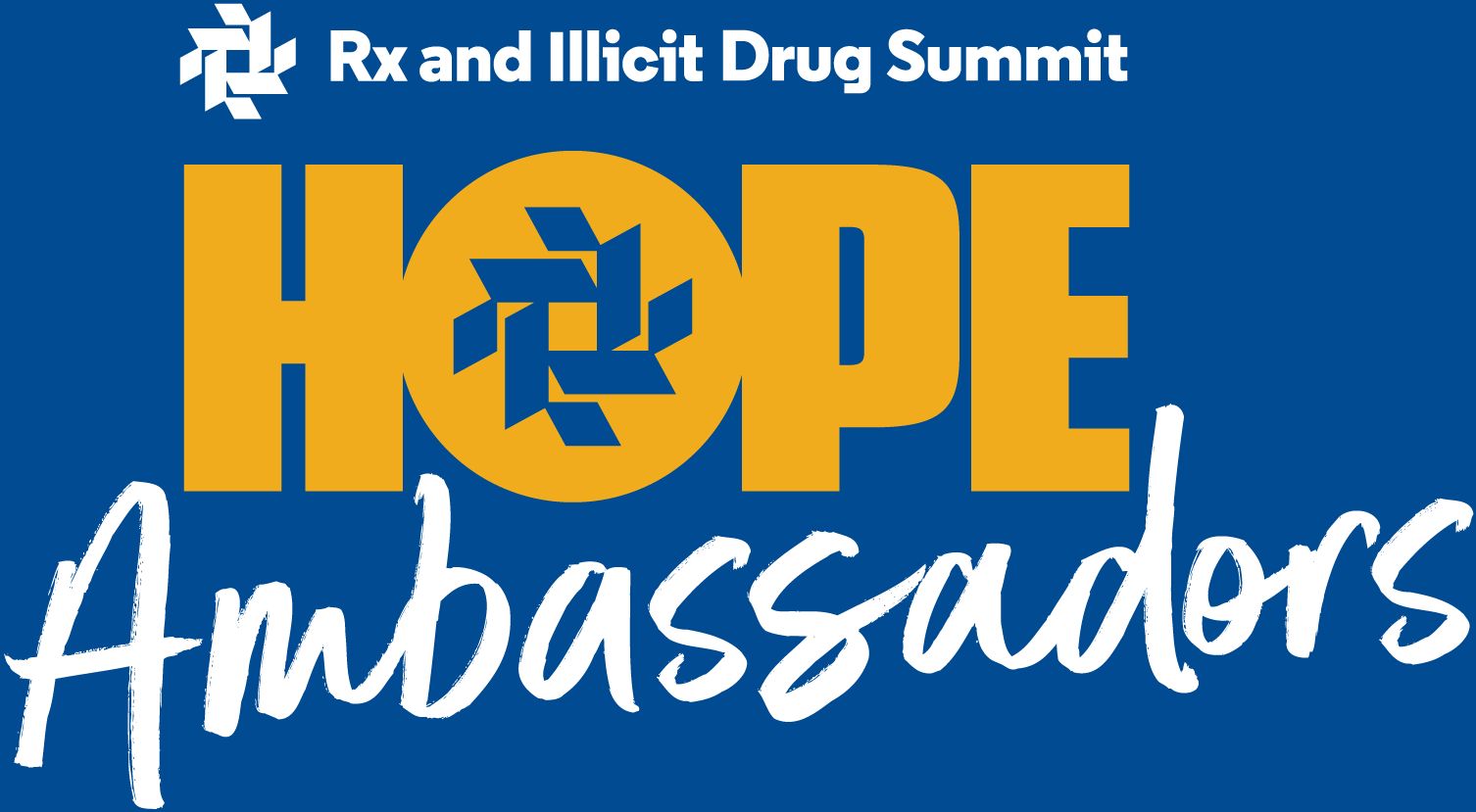Rx and Illicit Drug Summit

The Rx and Illicit Drug Summit is where solutions are formulated, stakeholders from Federal to family convene, and change begins. It is the most influential annual gathering for stakeholders to discuss what is working in prevention, treatment, and law enforcement. It is where connections are made, strategies are shared, and hope continues.
Save The Date
April 21-24, 2025
Nashville, Tennessee
- Super Saver Discount (save $500) ends September 20, 2024.
- Early Bird Registration ends November 15, 2024.
2025 Call for Presentations
We’re seeking session proposals for the Rx Summit 2025 agenda, happening April 21-24, 2025. Rx Summit provides timely and tailored opioid and addiction crisis information for professionals from local, state, and federal agencies, academia, clinicians, treatment providers, law enforcement, and advocates.
Our Call for Proposals is now open for submissions in the following areas:
- Advocacy
- Clinical
- Illicit Drugs
- Public Safety
- Prevention – Overdose
- Prevention – Primary
- Technology
- Treatment & Recovery
Submission Deadline: Monday, August 5, 2024
About the Rx Summit
The 13th Rx and Illicit Drug Summit was held in Atlanta at the Georgia World Congress Center April 1-4, 2024. Approximately 2,500 people representing most U.S. states attended.
The program featured more than 95 educational sessions and offered more than 110 hours of CME/CE credits.
This was the second year to recognize “Hope Ambassadors.” Chauncey Parker, director of the New York/New Jersey HIDTA, received this year’s “Hal Rogers Beacon of Hope” award.

The Rx Drug Abuse & Heroin Summit is the largest, most influential collaboration of professionals and advocates addressing the opioid and addiction crisis. It is where strategies are shared and put into action.
The Rx Summit regularly draws more than 3,000 people from all 50 states, U.S. territories, Canada, and other countries.
Attendees should include: Counselors, social workers, therapists, psychologists, and interventionists; physicians, psychiatrists, nurses, pharmacists, and dentists; advocates, families, and people in recovery; law enforcement personnel; public health and prevention officials; federal, state, and local officials, and lawmakers; education specialists and researchers; treatment center owners and operators; attorneys; first responders; and business leaders.
Through this type of collaboration, your work can be more impactful in bringing solutions to this issue that the Centers for Disease Control and Prevention (CDC) declared a public health crisis in 2012.
Operation UNITE is the Rx Summit’s Educational Advisor.
To stay informed about the latest Rx Drug Abuse & Heroin Summit updates visit rx-summit.com/.
You can also follow @RxSummit on Facebook, X (formerly Twitter) and Instagram.
Hope Ambassadors
Hope Ambassadors embody the “why” behind the Rx Drug Abuse & Heroin Summit. It is an opportunity to share the message of hope – that it is possible to recover from addiction.
The Hope Ambassadors program, created in 2023, highlights the stories of people in recovery and those who have influenced the recovery journey of others. These men and women have struggled with the disease of addiction and now, as Hope Ambassadors, they are inspiring others to join with them on their recovery journey.
There are many forms of recovery, and there are many people who play key roles in making it possible. The work we do at the Rx Summit through sessions, workshops, and networking gives our community the power to create more stories of recovery and thus a stronger sense of hope.
Are you interested in becoming a 2025 Hope Ambassador?

